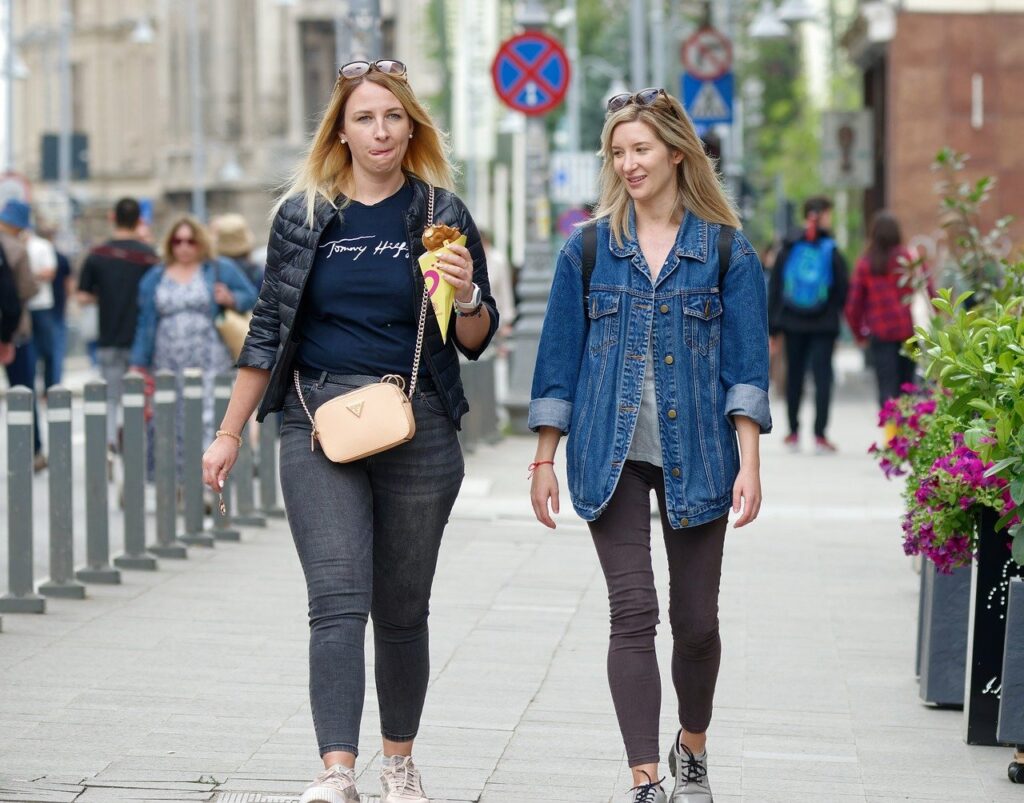
You cannot work or study while on a U.S. tourist visa (B-1/B-2 visa). The primary purpose of a tourist visa is for short-term travel, such as tourism, visiting family or friends, attending business meetings, or receiving medical treatment. Engaging in unauthorized employment or enrolling in formal academic programs while on a tourist visa is strictly prohibited.
Here’s a detailed breakdown:
1. Tourist Visa Overview (B-1/B-2 Visa)
The B-1 visa is for business-related activities (such as attending meetings or conferences), and the B-2 visa is for tourism, visiting family, or receiving medical treatment. Some individuals receive a combined B-1/B-2 visa, which allows both types of travel purposes.
However, the B-1/B-2 visa does not permit:
- Employment for U.S.-based companies.
- Enrolling in a formal educational program that awards a degree or certification.
- Conducting business that involves direct engagement in U.S. labor markets.
2. Restrictions on Working
Work refers to any paid or unpaid employment where the individual is performing tasks for a U.S.-based entity. If you are on a B-1 or B-2 visa, you are not allowed to:
- Take up any job, contract, or freelance work with a U.S. company.
- Perform work for clients, even if paid outside of the U.S.
- Intern or volunteer if the role involves duties that would normally be compensated.
If caught working on a tourist visa, you may face:
- Visa cancellation.
- Deportation.
- A ban from reentering the U.S. in the future.
For those who wish to work legally in the U.S., you would need to apply for an appropriate work visa, such as the H-1B, L-1, or O-1 visa, depending on the job and qualifications.
3. Restrictions on Studying
You cannot study or enroll in a degree-granting academic program while on a tourist visa. This includes:
- Enrolling in full-time educational courses.
- Attending classes as part of a formal academic curriculum at a university or college.
However, short-term recreational courses that do not lead to a degree or certification (such as a cooking class, art workshop, or language course) are allowed.
If you intend to pursue formal education, you would need to apply for an F-1 student visa (for academic studies) or an M-1 visa (for vocational or technical studies). These visas allow legal study at accredited institutions in the U.S.
4. Alternative Visa Options
If your goal is to work or study in the U.S., there are specific visa categories designed for these purposes:
Work Visas: If you plan to work in the U.S., you need an appropriate visa such as:
- H-1B Visa (for skilled professionals).
- L-1 Visa (for intra-company transfers).
- O-1 Visa (for individuals with extraordinary abilities in fields like arts, sciences, or business).
Study Visas: If you want to study in the U.S., you need:
- F-1 Visa: For full-time academic studies at accredited institutions.
- M-1 Visa: For vocational or non-academic programs.
These visas allow legal employment and study under certain conditions that align with the visa’s rules.
5. Consequences of Violating Visa Terms
Violating the terms of a tourist visa by working or studying without proper authorization can lead to serious consequences:
- Visa Revocation: The U.S. authorities may revoke your visa, preventing further travel.
- Deportation: You may be deported and face a ban from reentry.
- Future Visa Denial: Violations can affect your ability to secure future visas, including student or work visas.
Conclusion
A tourist visa (B-1/B-2) is strictly for short-term visits related to tourism, business meetings, or personal reasons. Working or studying in the U.S. under this visa is prohibited, and you should pursue a proper work or study visa if you plan to engage in either activity. Be sure to follow visa regulations carefully to avoid jeopardizing your travel or future opportunities in the U.S.
